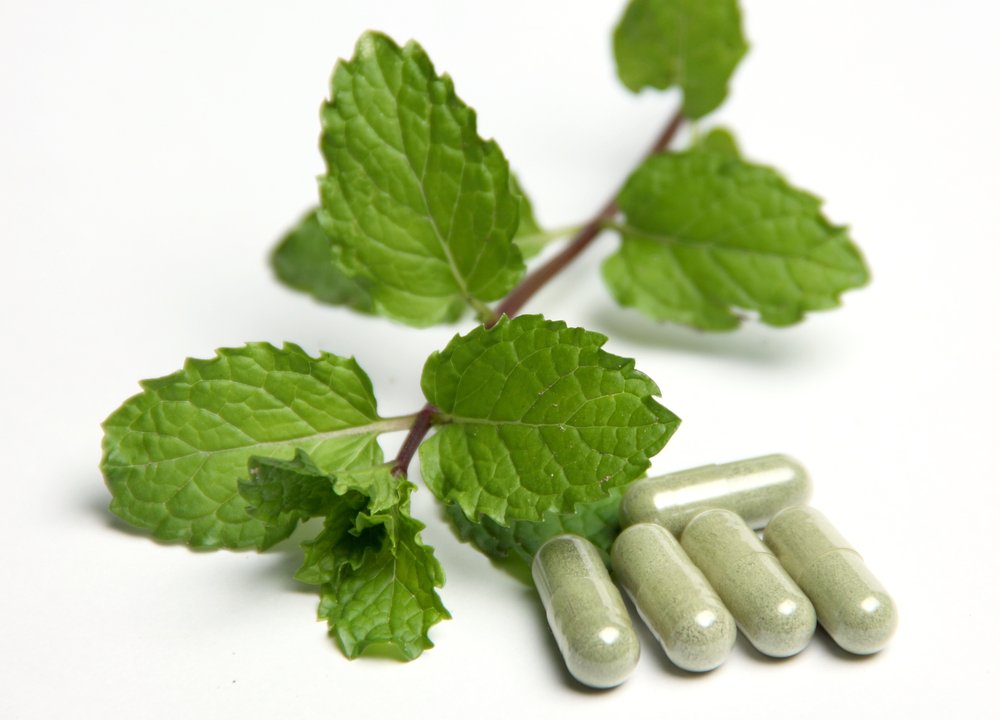Another herpes medicine & treatment to consider is suppressive therapy, which holds the virus in check so that it will not reactivate when you least expect it. In some cases, it can even prevent herpes outbreaks altogether.
Herpes is a complex virus that can be challenging to treat but is not insurmountable. Acyclovir, famciclovir, and valacyclovir are some available treatments for herpes. The good news is, most herpes sufferers can manage their symptoms and lower the frequency of outbreaks.
Avoiding potential outbreak triggers or using antiviral medicine, which can stop HSV from reactivating and starting an outbreak in the first place, are two ways to do this.
If you have a severe herpes outbreak that is getting hard to control or are worried about spreading the disease to your partner, then consult your doctor. They can give you a prescription for antiviral medicine, which may shorten the outbreak and ease your symptoms.
You can also use topical pain relievers (creams and ointments), like Abreva or lidocaine, to help reduce the pain of herpes sores. These creams and ointments contain ingredients that have an antiviral effect. They can also help heal your herpes sores faster and prevent them from worsening.
A herpes virus, called herpes simplex 1 or HSV-1, causes cold sores and fever blisters in your mouth or face. It also can cause genital herpes, which is a sexually transmitted infection.
Herpes is a lifelong condition, with outbreaks happening from time to time. You may experience a few mild outbreaks or have a long period where you have no symptoms at all.
Initial treatment – If you encounter another flare-up, your doctor could urge you to keep an antiviral drug on hand. As soon as you notice sores or feel an outbreak beginning, you can start taking the pills for two to five days. Using drugs may reduce the severity of symptoms and speed the
disappearance of the sores, even though they will naturally heal and vanish.
Intermittent treatment – Your doctor could advise you to keep an antiviral medication on hand if you experience another flare-up. As soon as you notice sores or feel an outbreak beginning, you can start taking the pills for two to five days. Using drugs may minimize the severity of symptoms and speed the disappearance of the sores, even though they will naturally heal and vanish.
Suppressive treatment – If you frequently experience breakouts, you might want to think about taking antiviral medication daily. Suppressive therapy is the term used by doctors.
Suppressive medication can lower the number of breakouts in a person who experiences more than six per year by 70% to 80%. Many patients who regularly take antiviral medications do not experience any outbreaks.
There is no set point at which someone should start receiving suppressive treatment. More important factors to consider are the frequency of outbreaks and whether they are serious enough to affect your life.
Nobody is aware of the specific herpes drugs CVS that can help to minimize genital herpes outbreaks or their origins.
The risk of spreading virus to a sexual partner may be decreased by daily suppressive medication. Antiviral medications lessen viral shedding when a virus replicates itself on the skin’s surface. A 2004 study in the New England Journal of Medicine claims that daily valacyclovir doses prevented sex partners of people with genital herpes from contracting the infection.
Half of the partners of those taking valacyclovir daily contracted the virus, whereas the other half did not. Even though they contracted the virus, 75% of the couples did not exhibit genital herpes symptoms.
